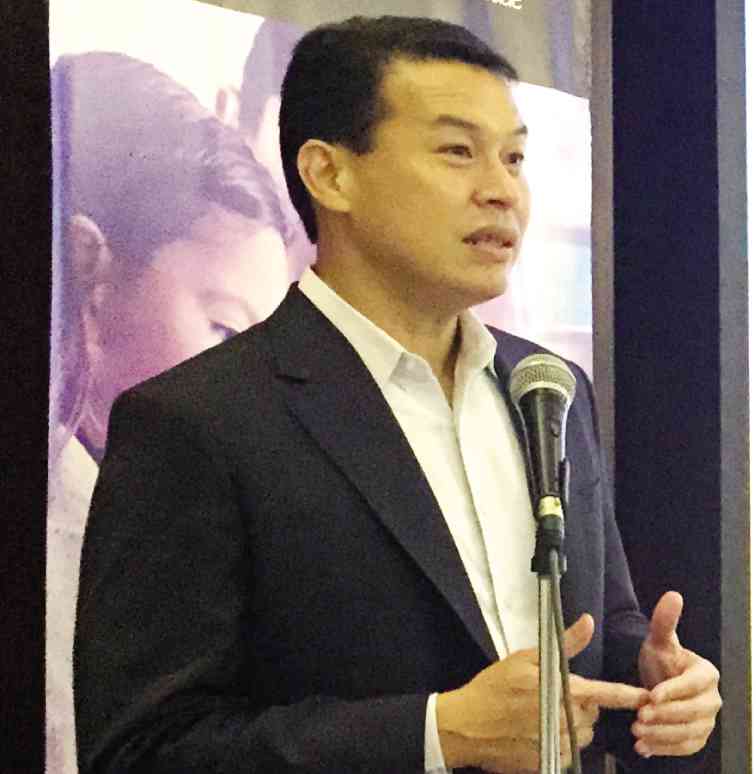Most people expect that, in terms of digital readiness, large enterprises are in step with the latest innovations in technology.
But according to the latest study commissioned by EMC, that is not the case.
EMC Corp., a business-to-business (B2B) company that offers various technological solutions, has commissioned research firms Institute for the Future and Vanson Bourne to conduct a study on how enterprises make use of data they gather.
The study, titled “The Information Generation: Transforming the Future, Today” explores the impact of a growing global community of digital citizens.
The study reveals that 52 percent of the 3,600 respondents from 18 countries admit that “they do not use their data effectively or are drowning in information overload,” says Ronnie Latinazo, country manager of EMC Corp. in the Philippines.
Even if they are digital literates and are aware of the importance of data to their business, most companies have no idea how to translate those data into a powerful business tool.
Based on the study found, only 24 percent of the respondents consider themselves “very good” at turning data into something useful.
Business tools
The study also reveals that only about 30 percent of the companies surveyed “are able to act on their information in real time.”
The respondents come from the healthcare, financial services, insurance, retail, manufacturing, media and entertainment, life sciences (biotech oil and gas telecom), and other commercial services.
The study tapped enterprises in the Americas, the Asia Pacific and Japan, Europe and the Middle East.
While a significant number of respondents say that they don’t know how to use their data, almost every business leader, or 96 percent of those surveyed, believes “new technologies have forever changed the rules of business.”
Also, 93 percent of respondents reported that “recent technology advancements are resetting customer expectations, and nearly all say this will accelerate over the next decade.”
Customers now expect faster access to services 24/7, more devices, and a more unique personalized experience, the study reveals.
Latinazo says the study is relevant for Philippine enterprises because it will help them focus on the advantages of utilizing their data and turning them into useful business tools.
Information generation
Business leaders need to realize that people consume an enormous amount of information each day, courtesy of the Internet, social networking sites, instant messaging apps, and other channels.
There is a need for them to redefine and understand the fundamental business attributes for the future.
Latinazo says that business leaders have identified five “make-or-break” business attributes, all of which have information at their core. These are: To predictively spot new opportunities in markets, to demonstrate transparency and trust, to innovate in agile ways, to deliver unique and personalized experiences, and to operate in real time.
Transparency and trust
When asked whether they have addressed these attributes well and company-wide, only 12 percent of the respondents said they could predictively spot new opportunities, 9 percent could innovate in agile ways, 14 percent could demonstrate transparency and trust, 11 percent could deliver personalized experience, and 12 percent could operate in real-time.
These leaders and organizations are urged to make good use of their data as the study suggests that by 2020 more than 7 billion people on at least 30 billion devices will have created 44 zettabytes of data (or 44 trillion gigabytes), according to Gartner and IDC respectively.
The research questionnaire and imperatives are based on in-depth interviews and workshops with more than 40 influential global decision-makers and experts across different industries.


